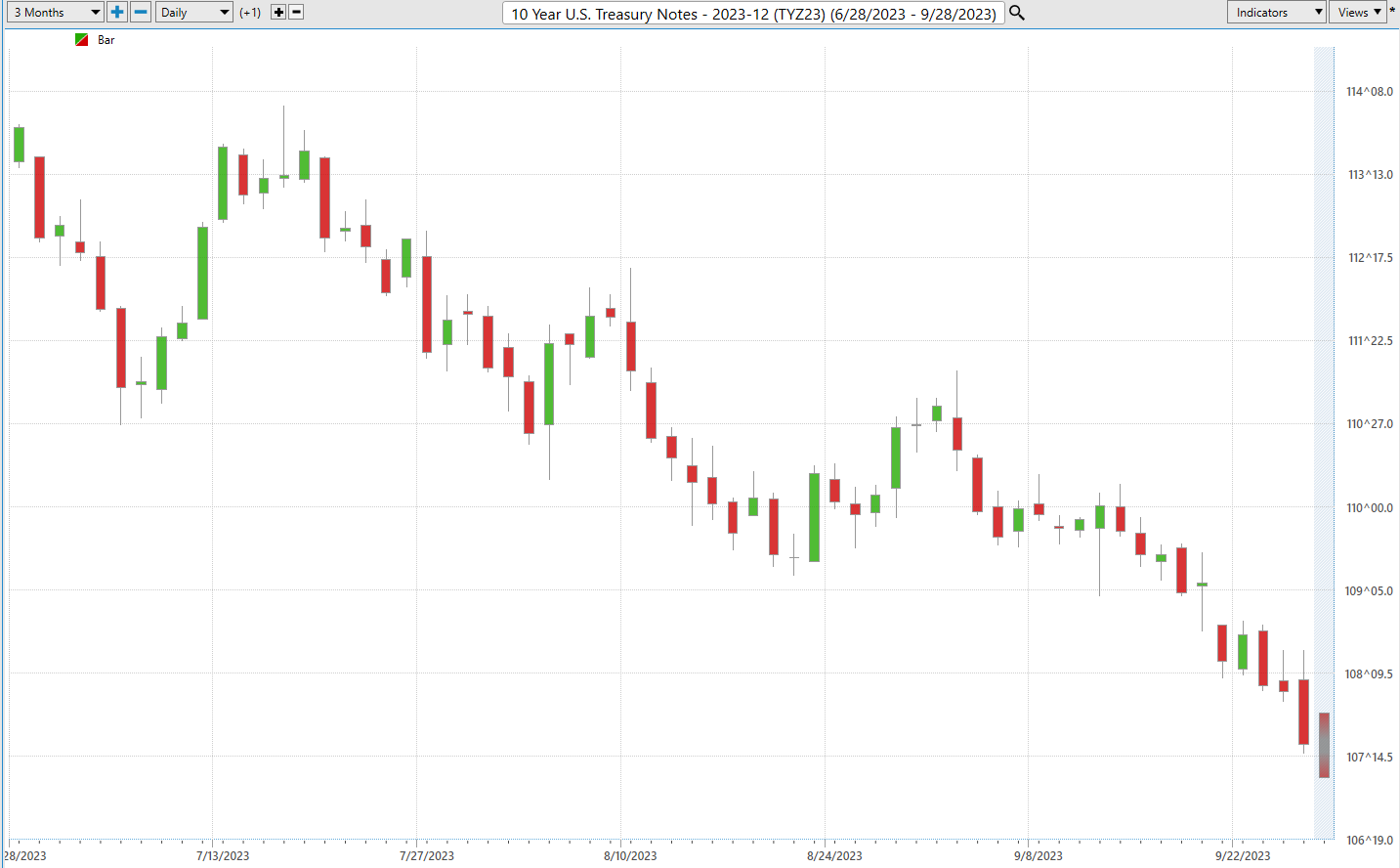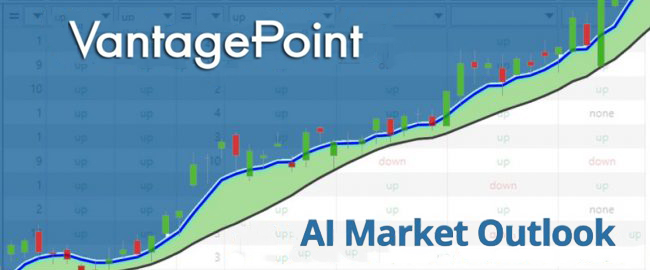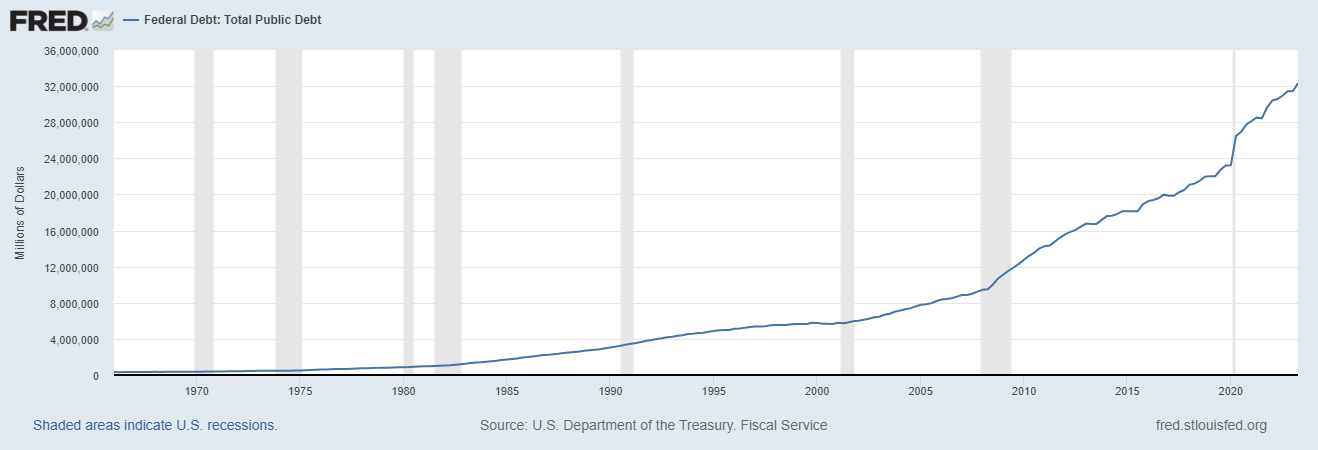According to Cointelegraph: Ethereum's adherence to the Office of Foreign Assets Control (OFAC) standards drastically dropped to 45% following the historic Merge upgrade in September 2022. This upgrade was crucial in Ethereum's shift from proof-of-work (PoW) to proof-of-stake (PoS), but it led to a significant decline in compliance with OFAC-established protocols.
List of entities running censoring MEV relays on their validators are actively harming Ethereum’s credible neutrality. Source: MEV Watch
OFAC compliance involves censoring certain transactions, which compromises the neutrality of the Ethereum ecosystem. Notably, OFAC imposed sanctions on Tornado Cash and several associated Ether addresses in August 2022, amid concerns over transaction anonymization potential.
Prior to the Merge upgrade, Ethereum's OFAC compliance saw substantial growth as crypto exchanges like Binance, Celsius Network, Bitfinex, Ledger Live, Huobi (HTX), and Coinbase, among the top censorship offenders, ran censoring MEV-Boost relays on their validators, as per MEV Watch data. However, post-upgrade, this compliance dropped from 78% in November 2022 to a recent 30%, marking a 57% decrease.
Post-Merge daily OFAC-compliant Ethereum blocks. Source: MEV Watch
To counter this, seven major MEV-boost relays like Flashbots, BloXroute Max Profit, BloXroute Ethical, BloXroute Regulated, BlockNative, Manifold, and Eden are often used, although only three function without OFAC compliance-oriented censoring.
OFAC regulations mainly target U.S.-based entities, but non-U.S. validators are advised to run non-censoring relays for the network's benefit despite Ethereum's declining OFAC compliance.
Simultaneously, Grayscale decided to forfeit all rights to PoW Ethereum tokens (ETHPoW), citing liquidity issues as the reason for this decision, while some investment firms like ETC Group are exploring the launch of dedicated EthereumPoW exchange-traded products (ETPs).



